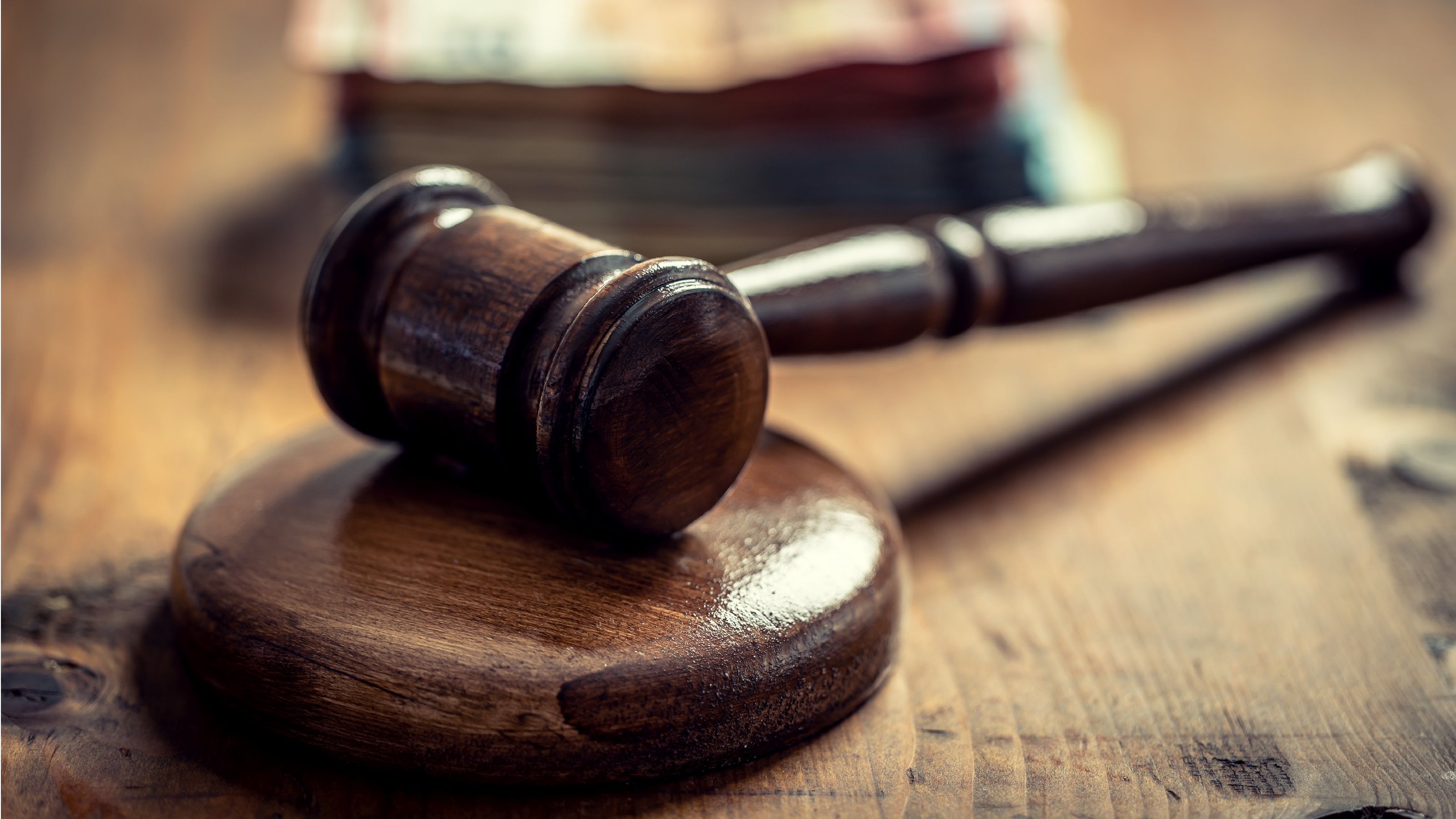
Losing a loved one is never easy. But amid grief, many find themselves suddenly burdened with legal responsibilities they never expected. The probate process can be overwhelming, especially if there are family tensions and the possibility of litigation.
During this difficult time, choosing the right probate attorney is crucial to ensuring your loved one’s wishes are honored while also protecting yourself from potential legal liability.
Why a good attorney is key
If you are your loved one’s nominated personal representative (traditionally referred to as the executor/executrix) in their will, obtaining proper legal counsel is vital. With so many attorneys advertising their services, it is not as simple as finding one who practices probate law. There are two critical factors to consider:
- Is the attorney competent to administer the particular estate?
- Just as important, are they the right fit for the unique challenges your case may present?
All too often, the death of a loved one can expose or escalate long-standing family conflicts. If disputes arise, your attorney must be skilled in estate administration and adept at handling litigation.
A deficiency in either area may lead to legal missteps, prolonged court battles and lasting damage to family relationships.
How do you make the right decision? Fortunately, the answer is clear: You must perform due diligence on every attorney you consider. While academic credentials are certainly impressive, they are not the be-all and end-all of that decision.
Every attorney brings unique knowledge and experience to each case, and you must find the combination that best meets your needs.
Will litigation be required?
If litigation seems unlikely, a seasoned probate attorney may be the best choice. On the other hand, if it becomes apparent that there is going to be a will contest, you should consult with an attorney with strong probate litigation experience.
Remember that as your case evolves, it may become necessary to switch attorneys to meet your changing needs. If you feel this is the case, you should contact your lawyer to discuss your concerns.
If litigation is possible, assess your objectives and consider the attorney’s overall demeanor. Just as there are many types of law, there are also many types of litigators, each with their own approach to achieving results.
Some attorneys take an aggressive approach, while others favor negotiation and conciliation.
For instance, hiring an attorney with an overly aggressive style (a “shark”) may escalate conflicts unnecessarily, prolonging litigation and increasing costs.
Conversely, an attorney with a more conciliatory approach may struggle to protect your interests if the opposing party refuses to settle or files sophisticated motions with the court.
While lawyers’ ethical rules require attorneys to convey all settlement offers to their clients, their interpretation and strategic response to those offers may vary based on their approach to litigation.
Reputation matters
You should always ask questions about any prospective attorney’s standing within the legal community.
- Are they known for their professionalism and responsiveness, or do they have a reputation for being difficult to work with?
- Are they known for their attention to detail or for being sloppy?
It’s important to answer these questions to avoid costly delays and errors. As a personal representative, you have a fiduciary duty to ensure that the attorney you choose does not expose the estate to unnecessary risk.
Despite your best hopes that the estate will be administered without incident, unexpected challenges may arise.
Long-lost relatives or estranged family members may suddenly appear and challenge the estate’s administration under the guise of “ensuring the decedent’s wishes are properly honored.”
Your attorney must be prepared to handle these disputes effectively, even if that means going to trial.
An overly conciliatory approach may fail to protect the estate’s assets and beneficiaries from frivolous claims, and an overly aggressive approach may jeopardize a fair and reasonable settlement.
Consider compatibility
Finally, even if an attorney is highly qualified, you must ask yourself one final question: Are you compatible with them?
If you find their demeanor too abrasive, too passive or simply not a good match for your communication style, it could lead to misunderstandings and frustrations.
Probate is already a stressful process. Working with an attorney who does not align with your needs may only add to that burden.
In probate administration, unresolved tensions can lead to prolonged conflicts and increased legal fees, ultimately reducing the estate’s value.
The right attorney will guide you through the process
Whatever your situation, remember that you are not alone. The right attorney will work with you to help guide you through this challenging time with as little conflict as possible.
Take the time to do your research, consult multiple attorneys if needed and trust your judgment. The right legal counsel will not only ease the probate process but also help protect your loved one’s legacy.







